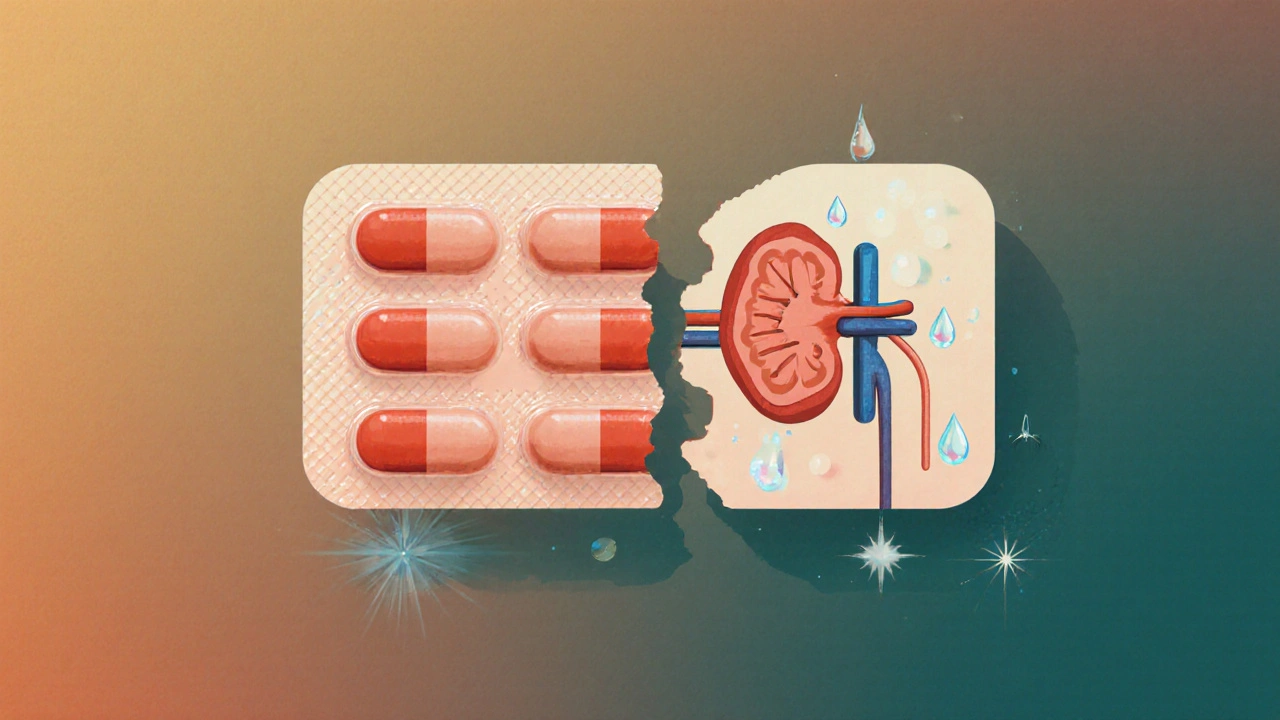Electrolyte Balance: What It Is and Why It Matters for Your Health
When you hear electrolyte balance, the critical equilibrium of minerals in your blood that regulate fluid levels, nerve signals, and muscle contractions. Also known as mineral balance, it's not just about sports drinks after a workout—it's the quiet foundation of how your body stays alive and functional every single day. Without it, even simple actions like walking, thinking, or breathing can get harder.
Your body relies on a few key players: sodium, the main electrolyte that controls fluid outside your cells and triggers nerve signals, potassium, the counterbalance that works inside your cells to keep your heartbeat steady, and magnesium, a quieter but vital mineral that helps over 300 enzyme reactions, including muscle relaxation and energy production. When you sweat, vomit, or take certain medications—like diuretics or antibiotics—these levels can drop fast. Too little potassium? You might get muscle cramps. Too much sodium? Your blood pressure can spike. And if magnesium falls too low, you could feel dizzy, tired, or even have irregular heart rhythms.
Many of the medications listed in our collection affect electrolyte balance without people realizing it. Amlodipine can cause fluid shifts that change sodium and potassium levels. Norfloxacin and doxycycline may lead to dehydration or kidney stress, pulling electrolytes out of balance. Even over-the-counter NSAIDs like diclofenac sodium can reduce kidney function over time, making it harder for your body to maintain these minerals. And if you're managing conditions like overactive bladder with oxybutynin or diabetes with nateglinide, you’re often dealing with side effects that change how your body holds onto fluids and salts.
This isn’t about drinking coconut water and calling it a day. Real electrolyte balance means understanding your body’s signals—why you feel weak after sweating, why you get leg cramps at night, or why you feel foggy after a long day. It’s about knowing which drugs interfere, which foods help, and when to ask for blood tests instead of guessing. Below, you’ll find clear, practical guides on medications that touch this balance, how they interact, and what you can do to stay safe without relying on myths or trendy supplements.
Why Regular Monitoring Is Critical When Taking Losartan‑Hydrochlorothiazide
Learn why regular monitoring of blood pressure, kidneys and electrolytes is essential for anyone using Losartan‑Hydrochlorothiazide.

